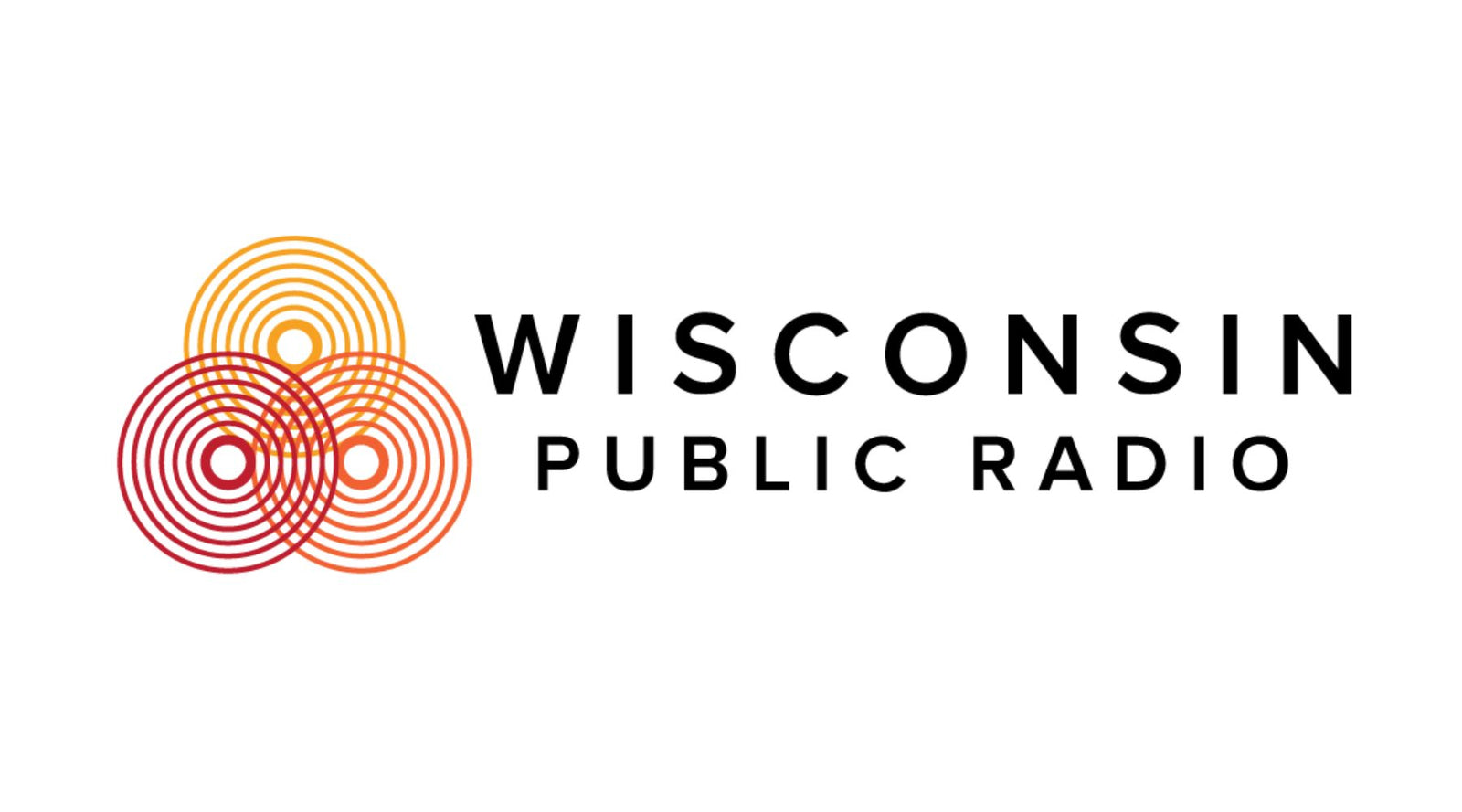Orders ship the second + fourth Mondays/Tuesdays of the month.
Next shipping dates: Feb. 25, March 10 Pick up date: tbd
Orders ship the second + fourth Mondays/Tuesdays of the month.
Next shipping dates: Feb. 25, March 10 Pick up date: tbd
Why Animal Protein Matters
When you think of the word protein, what comes to mind? You might not know this but there are different ways that dietary protein is categorized. And while protein can come from a variety of sources, animal based proteins (like eggs, meat, fish, etc.) are often considered to be more potent due to their distinction as complete proteins.
Complete vs incomplete proteins
Complete proteins contain all nine of the essential amino acids that our bodies need in the correct balance to effectively build bones and muscle, maintain organs and more. In contrast, incomplete proteins don’t contain all nine essential amino acids and therefore are not as effective as body building blocks.
Complete protein examples
Sources of complete protein includes animal-based proteins, such as beef, goat, lamb, chicken, turkey, duck, eggs, pork, fish, milk, yogurt and cheese.
Incomplete protein examples
Examples of incomplete proteins include plant-based proteins such as beans, nuts, seeds, and tofu.
Sources: Johns Hopkins, Dishing Up Nutrition
Essential amino acids
But what’s especially important to understand about these essential amino acids is that they aren't able to be produced by our bodies and have to be obtained through the consumption of food.
The correct balance and concentration of said amino acids is also crucial. The average person is recommended to consume around 100-120 grams of protein each day to maintain proper bodily function. This translates to 30-40 grams of protein per meal, which can be difficult to obtain through plant-based sources.
Source: Dishing Up Nutrition
As a note, none of this is to say that plant-based proteins can’t still be a good source of essential amino acids. It’s simply about eating the right amounts of them each day to ensure those amino acids are being obtained in the correct balance.
Eating a balanced diet
Proper portion size is also something to keep in mind and having a balanced diet of plant and animal-based foods in general is still recommended.
Goat meat: an animal-based protein option
Goat meat is also a great option when looking at animal-based proteins. In fact, it rivals beef as one of the most nutrient-dense red meats available while being leaner, lower in calories, and still exceptionally high in protein. You can learn more about what makes goat meat healthy here.
References
- Dishing Up Nutrition Podcast. “Why Animal Proteins?”
- Johns Hopkins All Children’s Hospital. “What Does Getting ‘Complete Proteins’ Mean for Vegetarians?”
Also in Leslie's Blog

The Journey of our meat: From farm to butcher
As farmers, we are involved in nearly every step of getting meat from our farm to your table. However, when it comes to butchering and packaging, we partner with other small businesses that specialize in this crucial part of the process.

Feature on the Hardcore Carnivore TV Show

Our feature on Wisconsin Public Radio's The Larry Meiller Show

